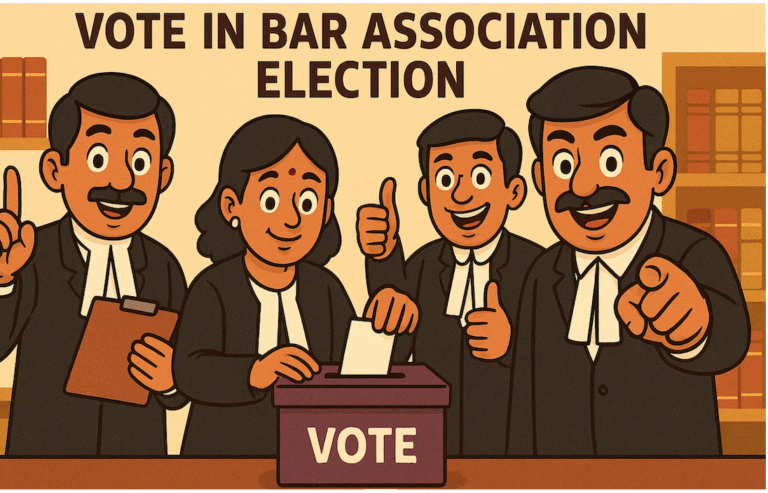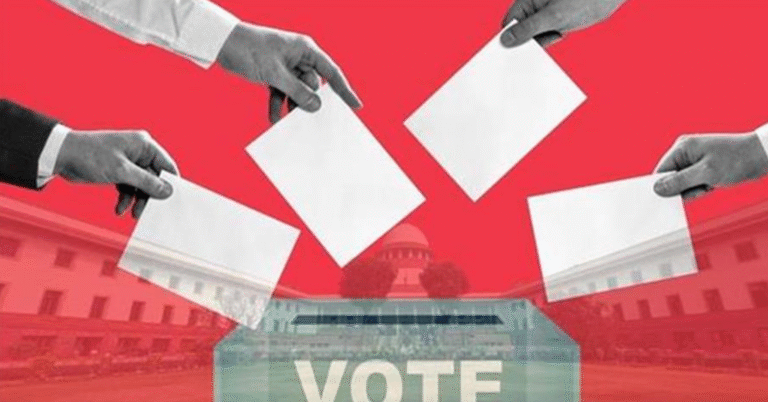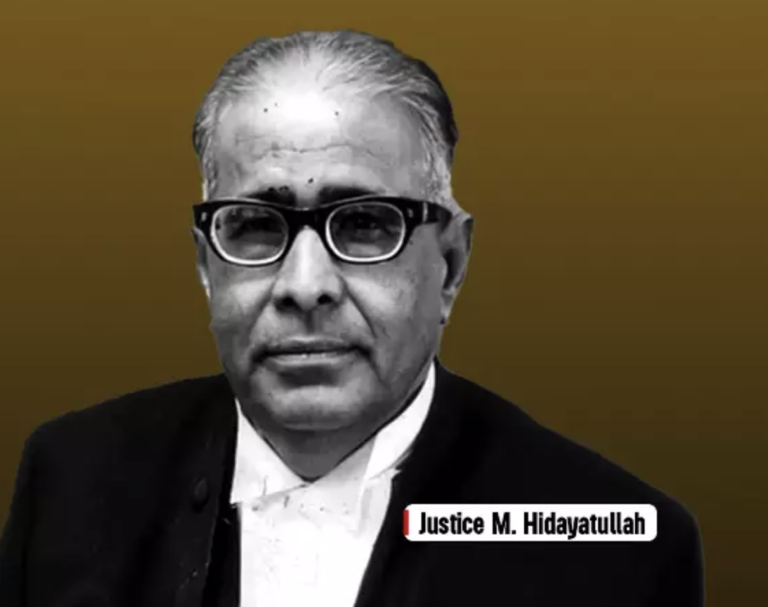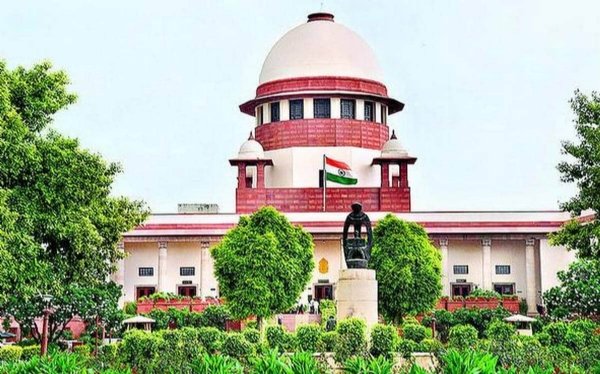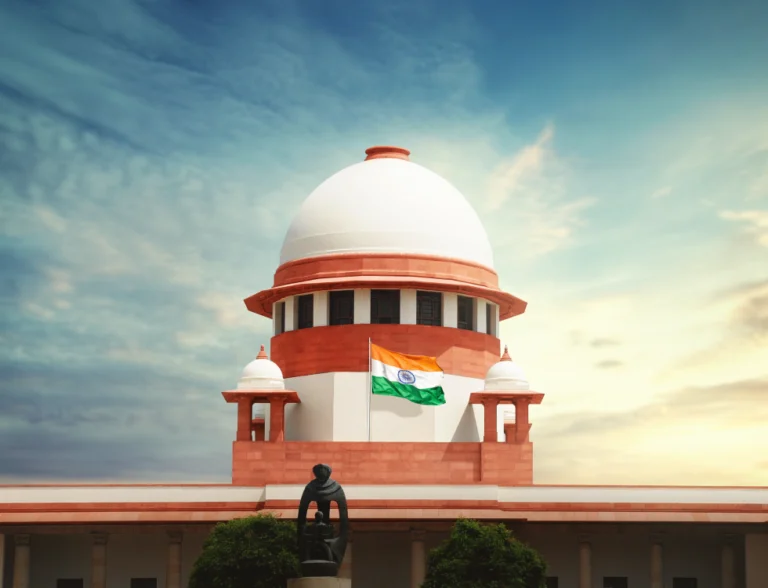Aditya Thackeray’s new False Affidavit in Disha Salian Gang Rape and Murder Case: A Desperate and Failed Attempt to Escape Accountability
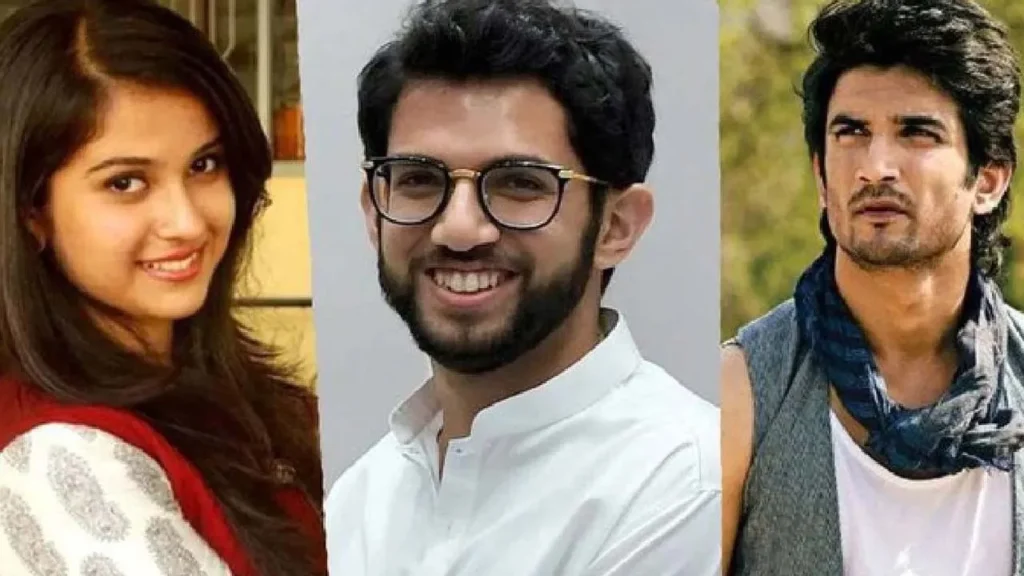
Date: 25 June 2025: Location: Mumbai
Aditya Thackeray’s Dual Role Exposed Once Again
A shocking development has emerged in the investigation of the gang rape and brutal murder of Ms. Disha Salian. On 14 June 2025, former Maharashtra Minister Aditya Thackeray filed a false, misleading, and deceptive affidavit before the Hon’ble Bombay High Court.
This affidavit was submitted in Intervention Application No. 12708/2025 in Criminal Writ Petition No. 1612/2025, which seeks registration of an FIR and transfer of investigation to the CBI for an independent and court-monitored probe into Disha Salian’s death.
The affidavit appears to be a calculated attempt to mislead the judiciary, confuse the public narrative, and divert attention from the grave and well-substantiated allegations against Mr. Thackeray.
Serious Discrepancies and Falsehoods in the Affidavit
1. False Claim of ‘Clean Chit’ from CBI and Bihar Police:
Aditya Thackeray has falsely claimed in his affidavit that he has been given a “clean chit” by both the CBI and Bihar Police.
This claim is entirely false and directly contradicts the official position of the CBI.
CBI has publicly clarified that no closure report or clean chit has been issued in the Disha Salian case to any person.
Hence, this false claim constitutes a deliberate attempt to mislead the Hon’ble Court, and falls under the ambit of criminal misconduct.
This conduct is punishable under Sections 191, 193, 199, 200, and 209 of the Indian Penal Code, which carry penalties including up to 7 years of imprisonment and contempt proceedings.
2. Fraudulent Misrepresentation of Age:
In his earlier affidavit dated 11 October 2023, Mr. Thackeray had stated his age to be 33 years. Shockingly, in his more recent affidavit dated 14 June 2025, he now claims to be only 28 years old.
A five-year reduction in age over a span of two years is not only ludicrous, but also indicative of deliberate document fraud, and constitutes a serious criminal offence.
This act shows that Mr. Thackeray has willfully submitted false information before the Court, thereby violating the sanctity of the judicial process and undermining his legal obligations.
Such conduct amounts to a direct affront to the dignity of the Court and clearly demonstrates that the accused is evading the truth and attempting to mislead the judiciary.
Complete Silence on Core Allegations Despite Media Promises
Although Mr. Aditya Thackeray has repeatedly told the media that “I will answer all questions in Court”, his affidavit dated 14.06.2025 (IA No. 12708/2025) fails to respond to even a single critical allegation.
Instead, he maintains strategic silence on serious and specific charges, evidently attempting to evade accountability.
No response has been provided to the following grave questions:
1. Did he have any personal, professional, political, or social relationship with Ms. Disha Salian?
2. Where exactly was he on the night of 8 June 2020? Why has he not submitted concrete proof such as tower location data, CDRs, or CCTV footage?
3. Why did he falsely claim that his grandfather passed away on 8 June 2020 — when official records show the death occurred on 14 June 2020?
4. Why did he deny any association with co-accused Ms. Rhea Chakraborty, when s digital evidence recovered by NCB and CBI prove otherwise?
5. Why has he not clarified whether or not he is connected with drug trafficking or drug abuse, and consumption of prohibited hydroponic weeds, especially when such allegations have surfaced against him in NCB investigation ?
6. If he has nothing to hide, why has he not voluntarily submitted his call detail records, location history, or video footage to prove his innocence?
Legal Principle: Silence is Constructive Admission
The Hon’ble Supreme Court of India has repeatedly held that when a person facing serious allegations chooses to remain silent or provides vague, evasive replies, it is treated as constructive admission of guilt.
This principle has been upheld in multiple rulings, reinforcing the idea that truthful individuals do not evade specific charges.
A Complete U-Turn from His Previous Affidavit
In his earlier affidavit dated 11 October 2023, Aditya Thackeray had accused BJP leaders Shri Narayan Rane and Shri Nitesh Rane of orchestrating a conspiracy to implicate him.
However, in the latest affidavit dated 14 June 2025, he has withdrawn those allegations and has instead praised the impartiality of the State-appointed SIT (Special Investigation Team).
This 180-degree reversal exposes the false and politically motivated nature of his earlier accusations, and reflects opportunistic conduct designed to suit changing circumstances and avoid prosecution.
Legal Conclusions and Precedents:
🔸 Being the prime accused, Aditya Thackeray has no legal right to intervene in the ongoing writ petition. His Intervention Application deserves outright rejection.
🔸 In a similar case, the Calcutta High Court, in Abhishek Banerjee v. Soumen Nandy, 2023 SCC OnLine Cal 1191, imposed ₹50 lakh cost while dismissing the intervention application of another politically influential accused.
The said ruling was upheld by the Hon’ble Supreme Court in Abhishek Banerjee v. Soumen Nandy, 2023 SCC OnLine SC 1381.
🔸 Filing false affidavits and misleading the judiciary are punishable under Sections 191, 193, 199, 200, and 209 of IPC, carrying imprisonment up to 7 years.
🔸 Lawyers who draft and file such false affidavits are also liable for disciplinary action under the Advocates Act, including cancellation of license to practice.
(See: Silloo Mistry v. State of Maharashtra, 2017 SCC OnLine Bom 2392; Ashok Motilal Saraogi v. State of Maharashtra, 2016 ALL MR (Cri) 3400)
Specific Legal Prayer to the Hon’ble Court:
✅ It is respectfully urged that criminal proceedings be immediately initiated against Aditya Thackeray under charges of:
- Filing a false affidavit under oath,
- Deliberately misleading the Hon’ble Court,
- Illegally interfering in judicial proceedings.
These acts warrant prosecution for contempt of court and perjury, along with the issuance of non-bailable arrest warrants for ensuring the integrity of the judicial process.

